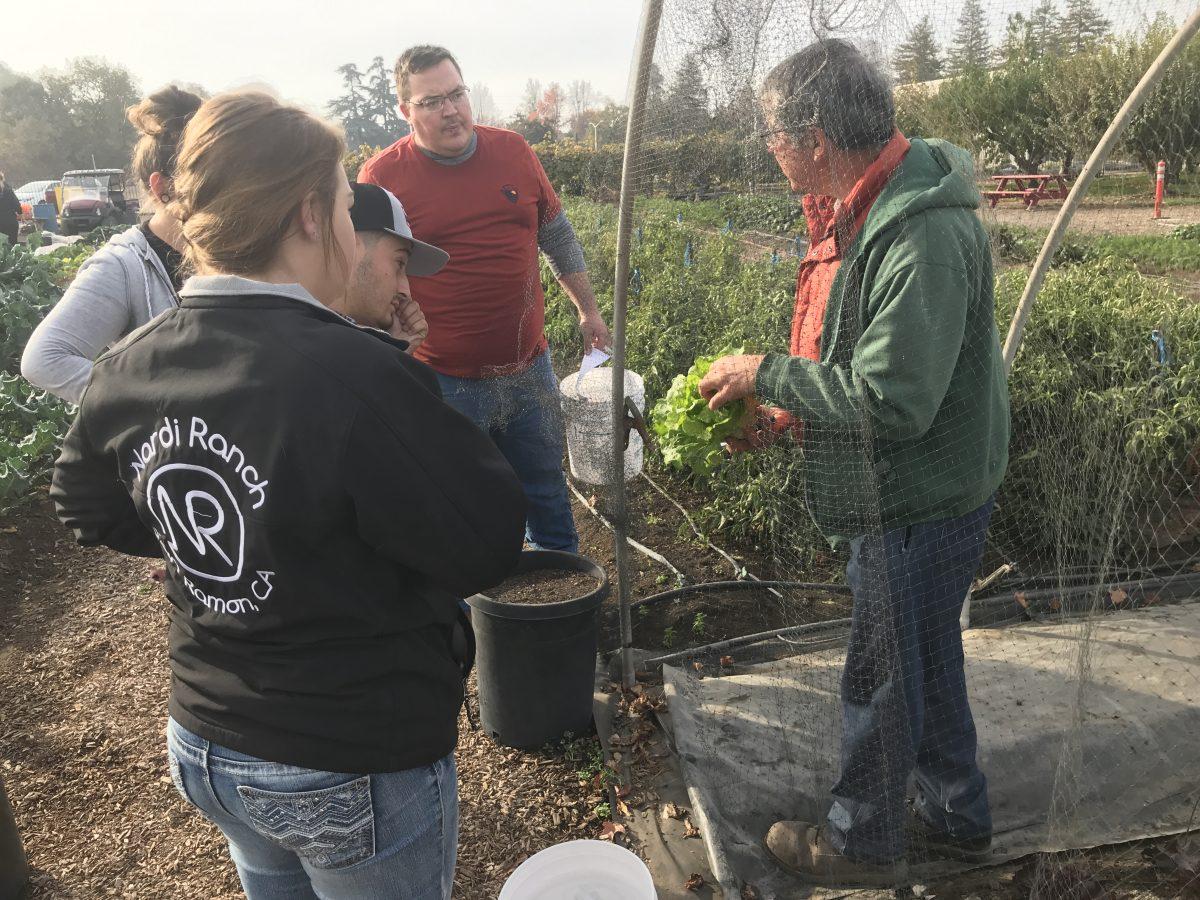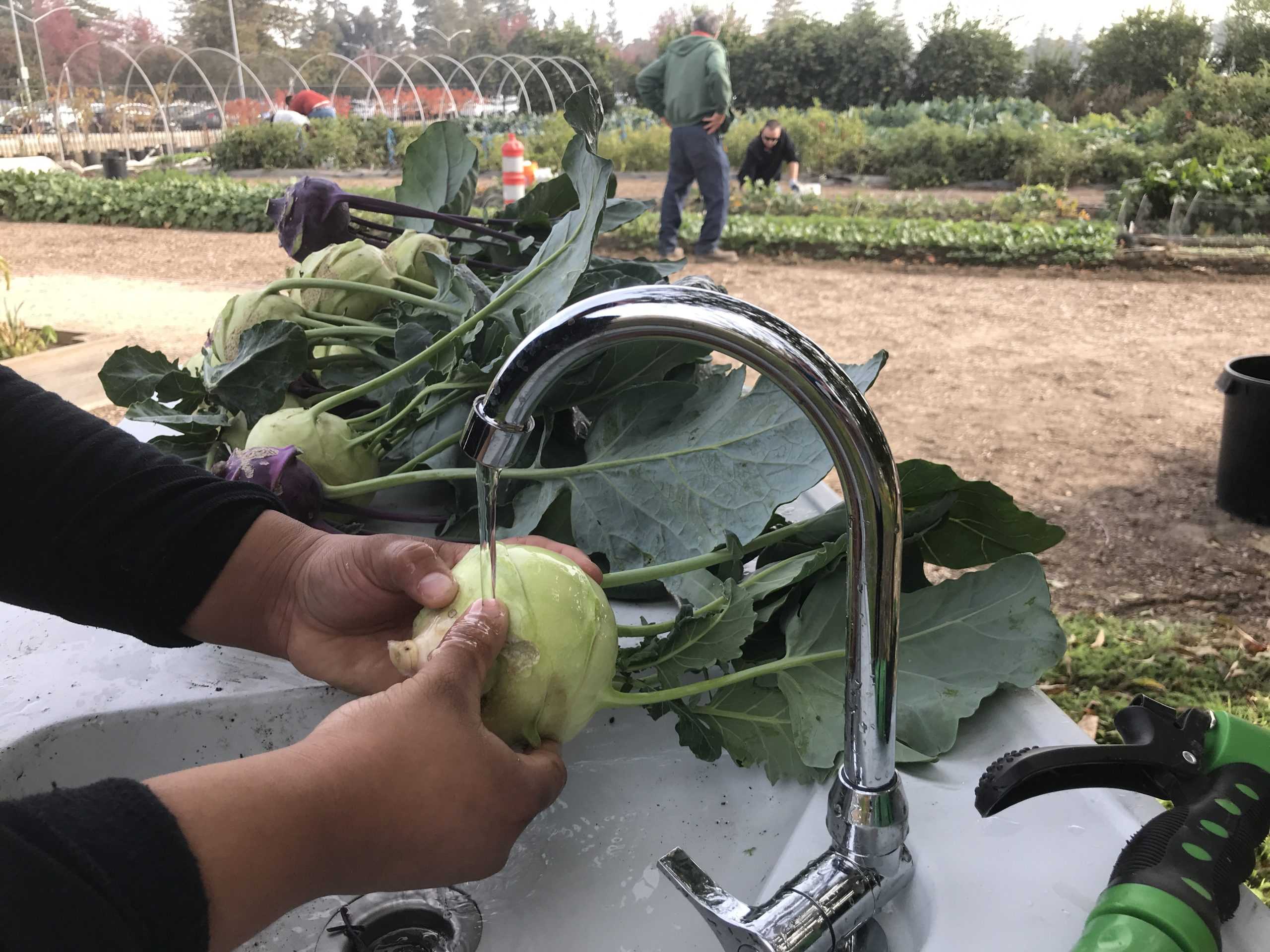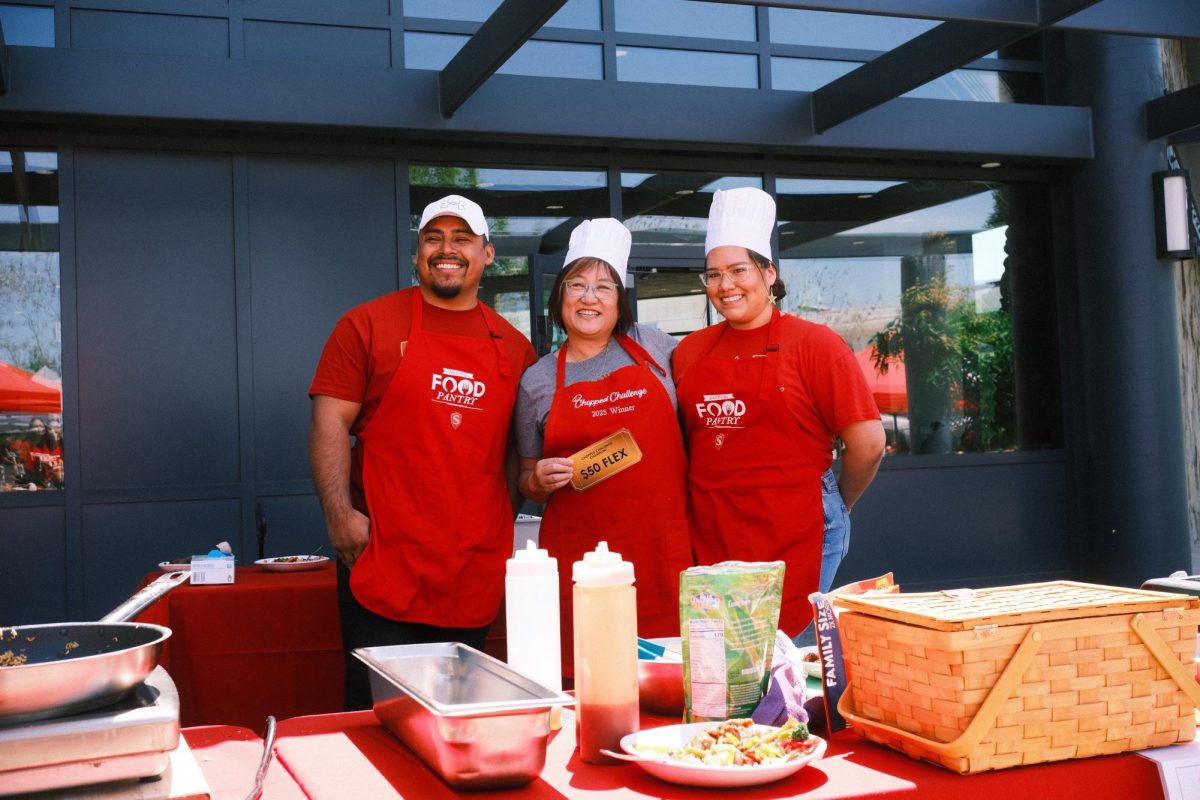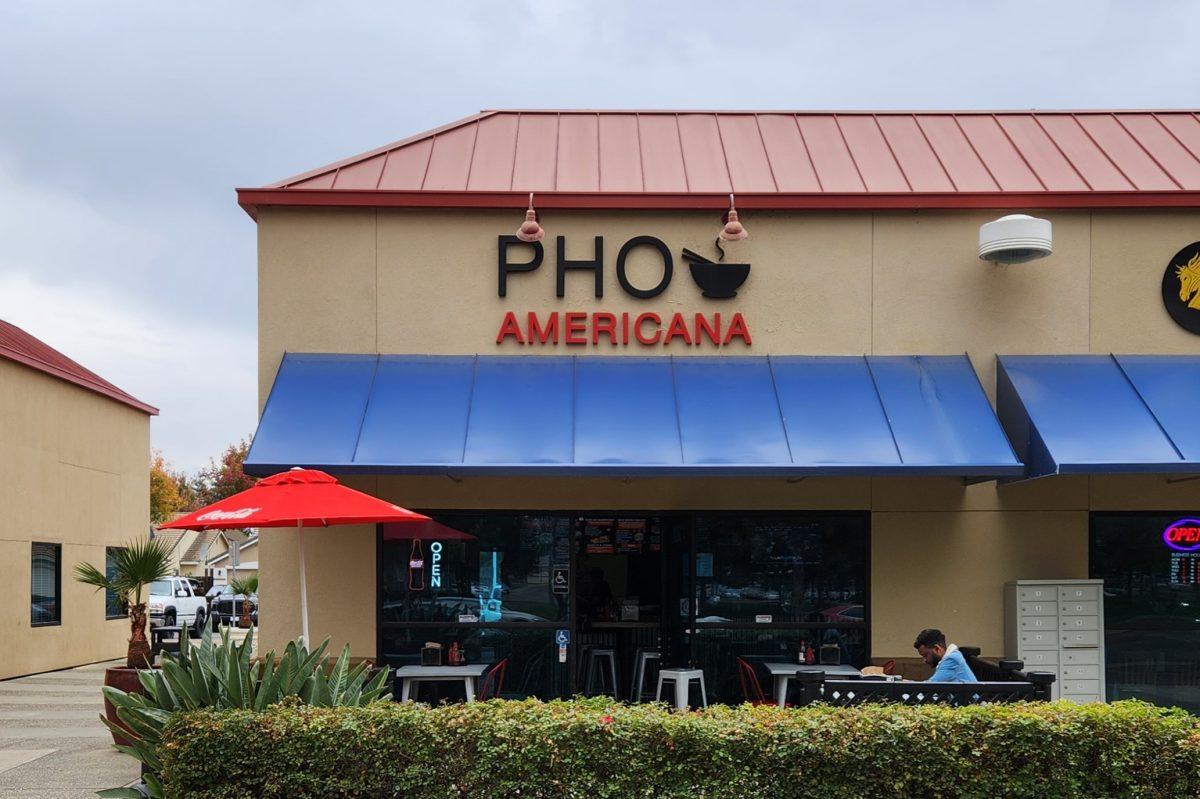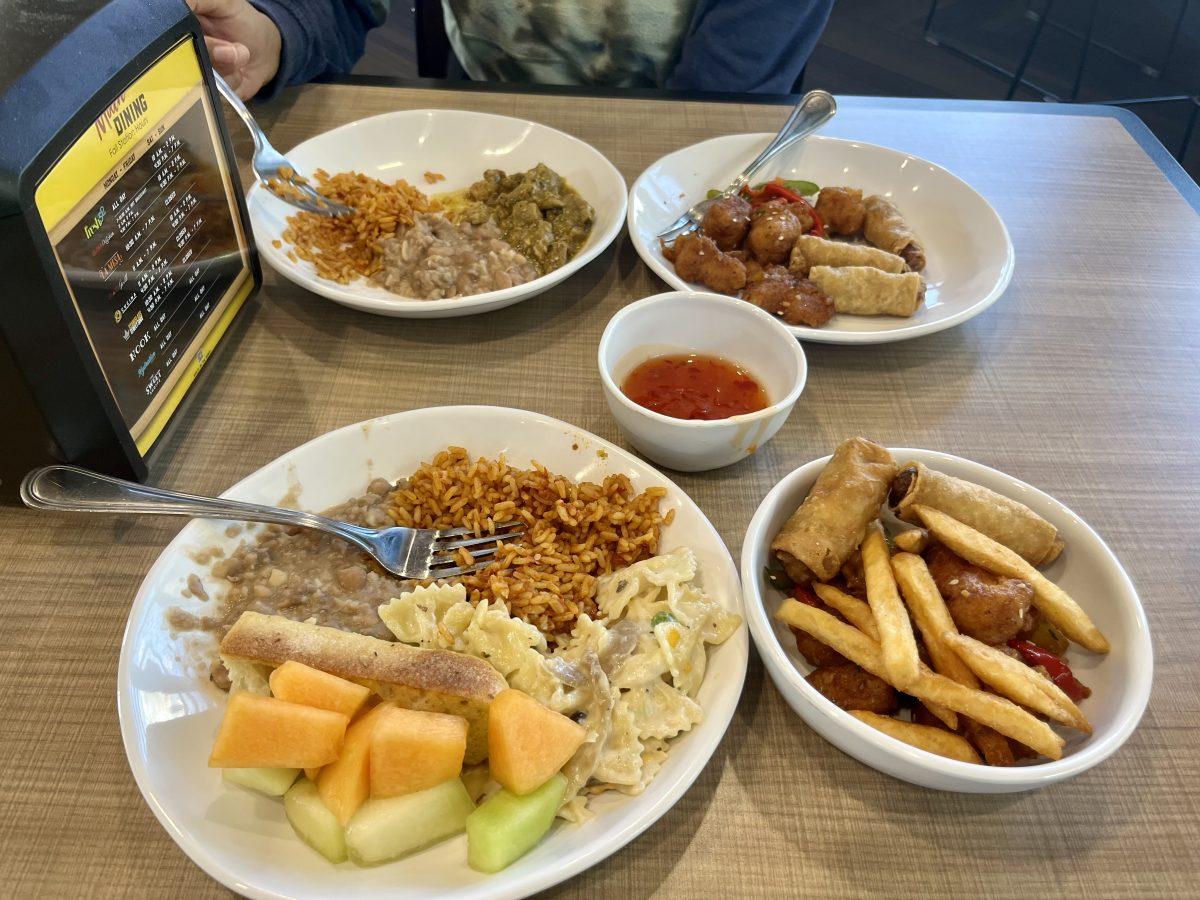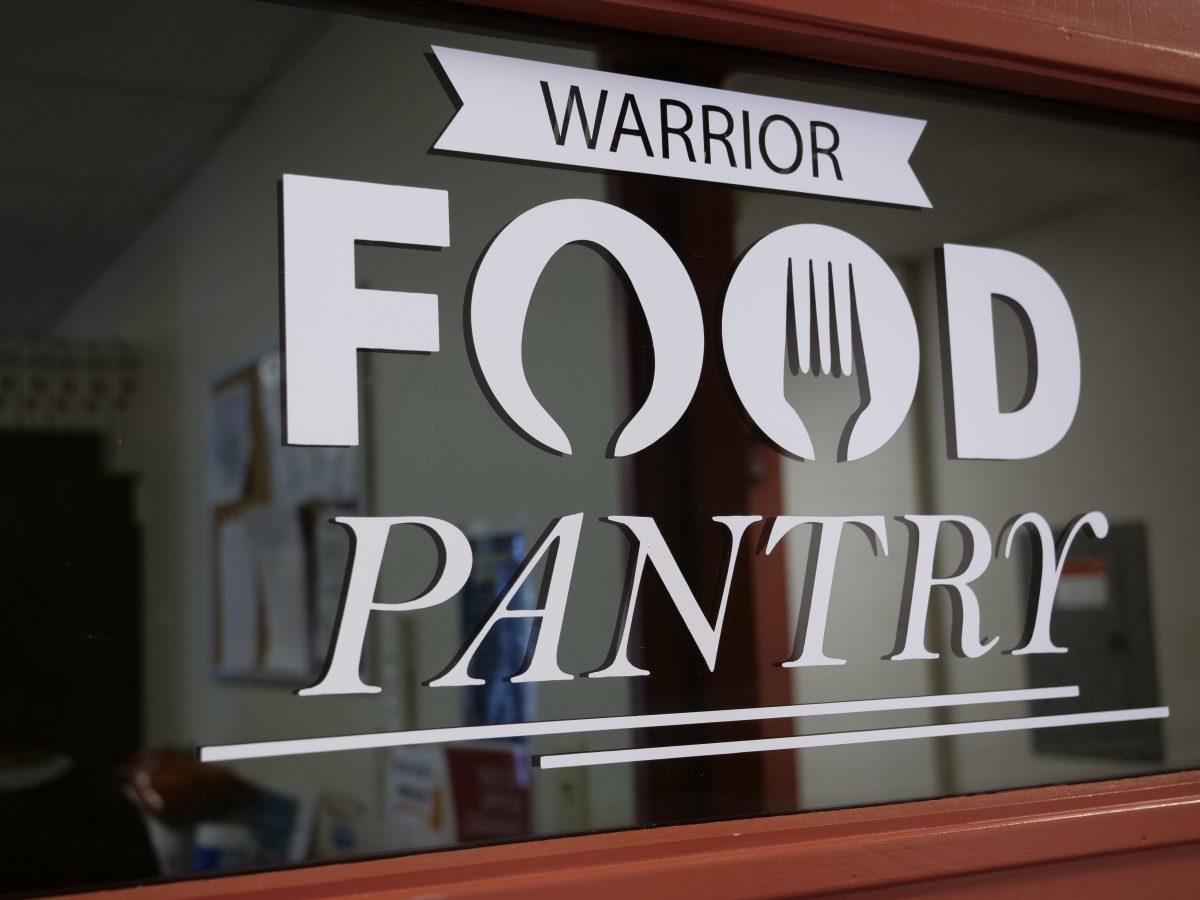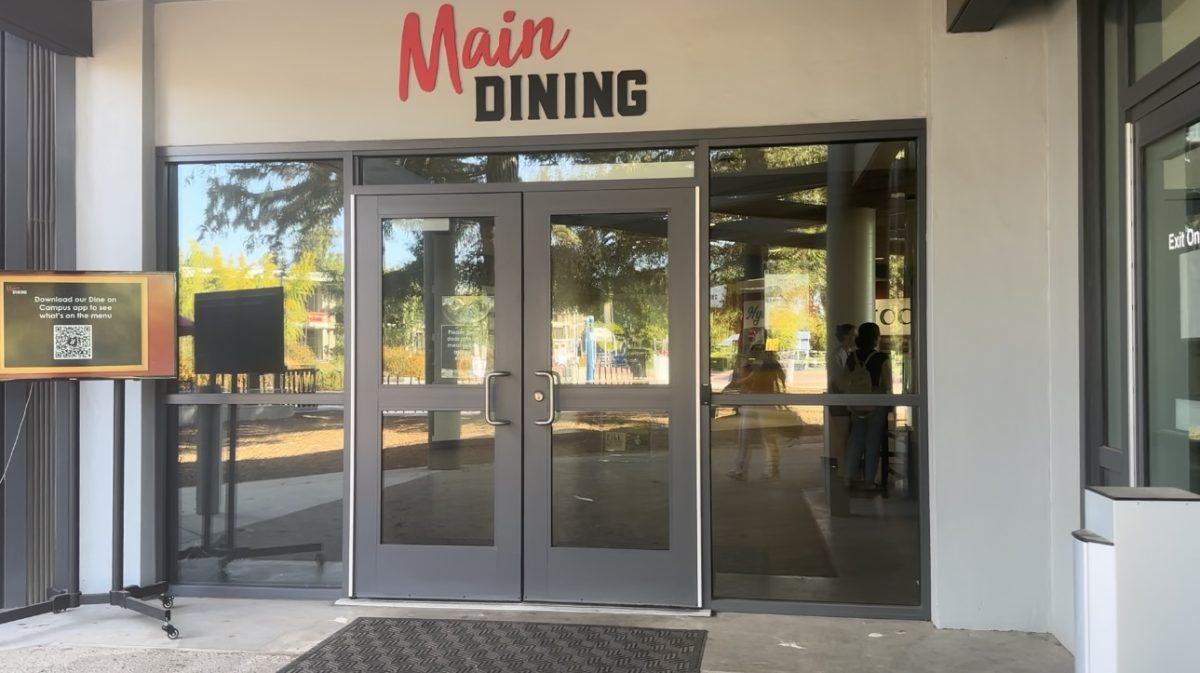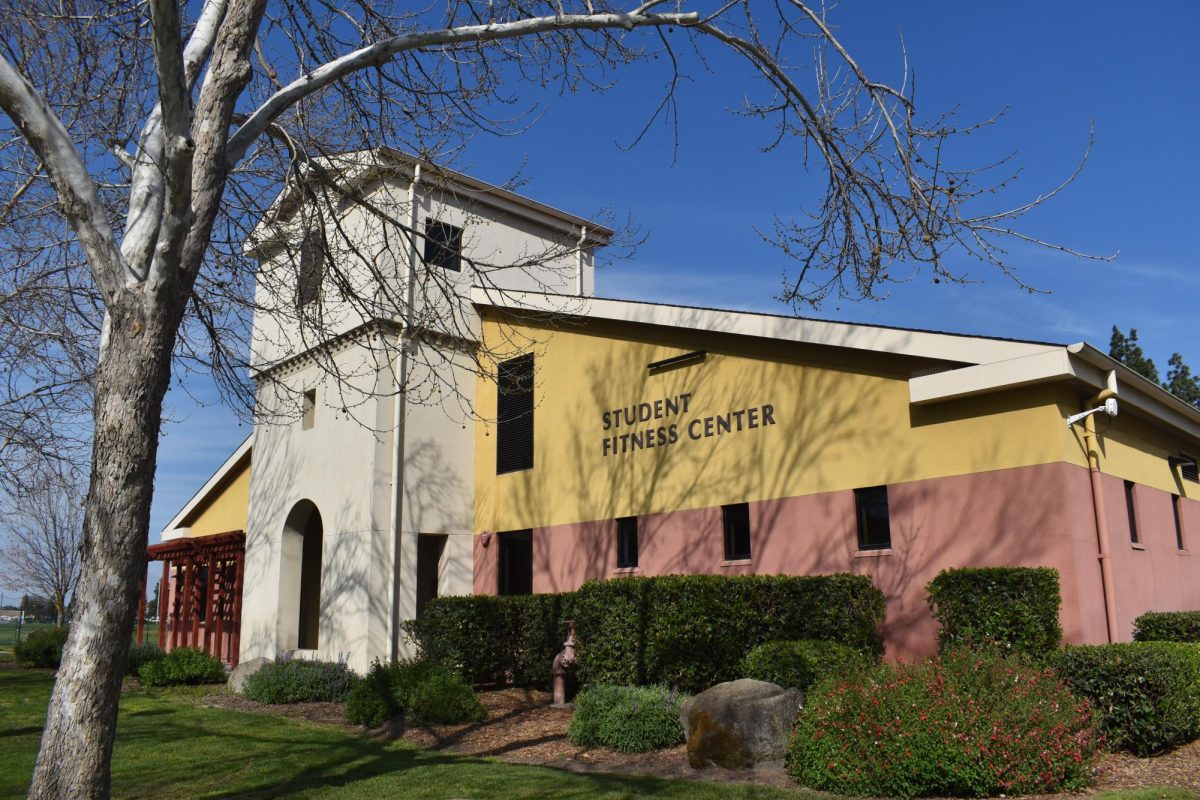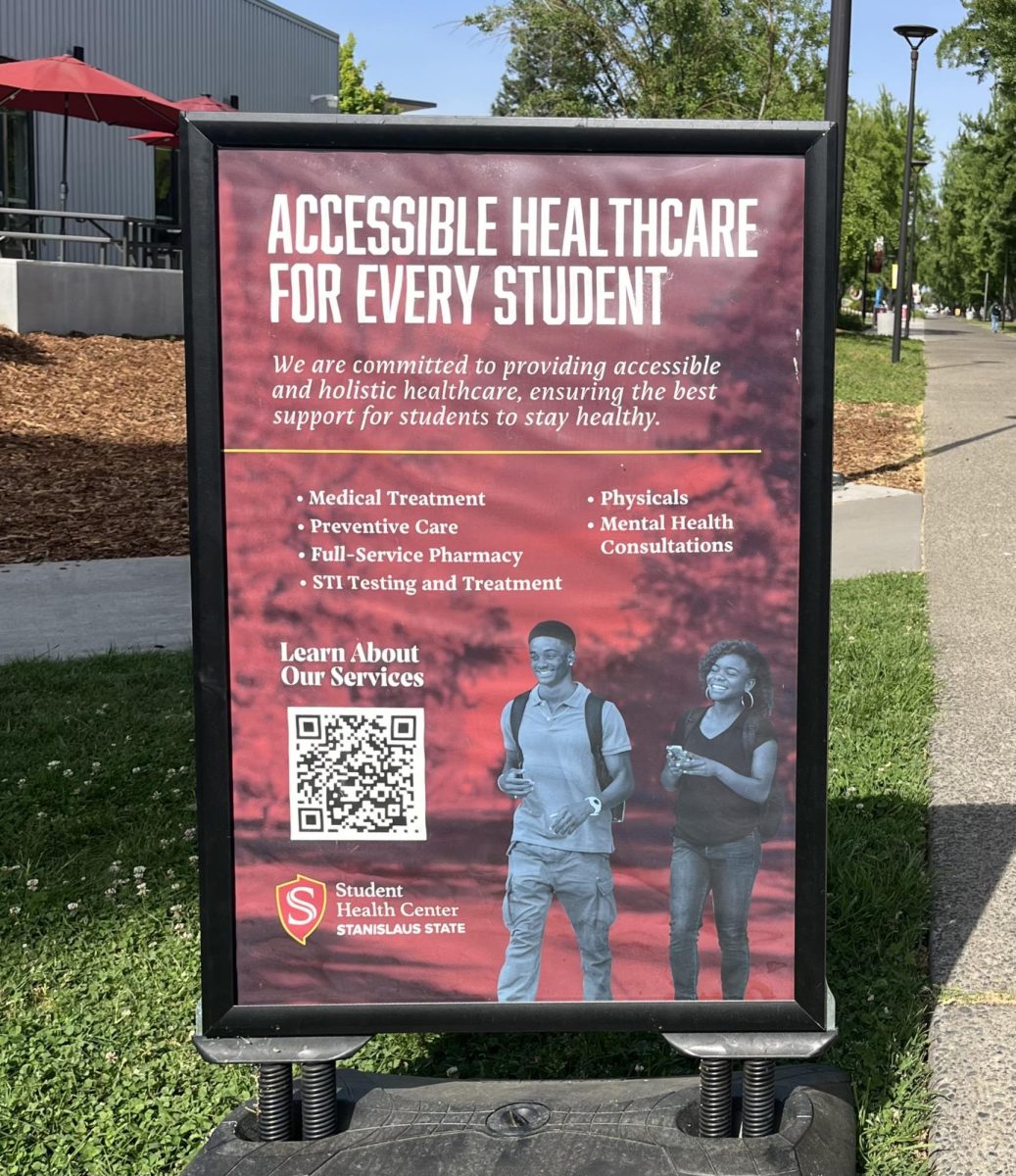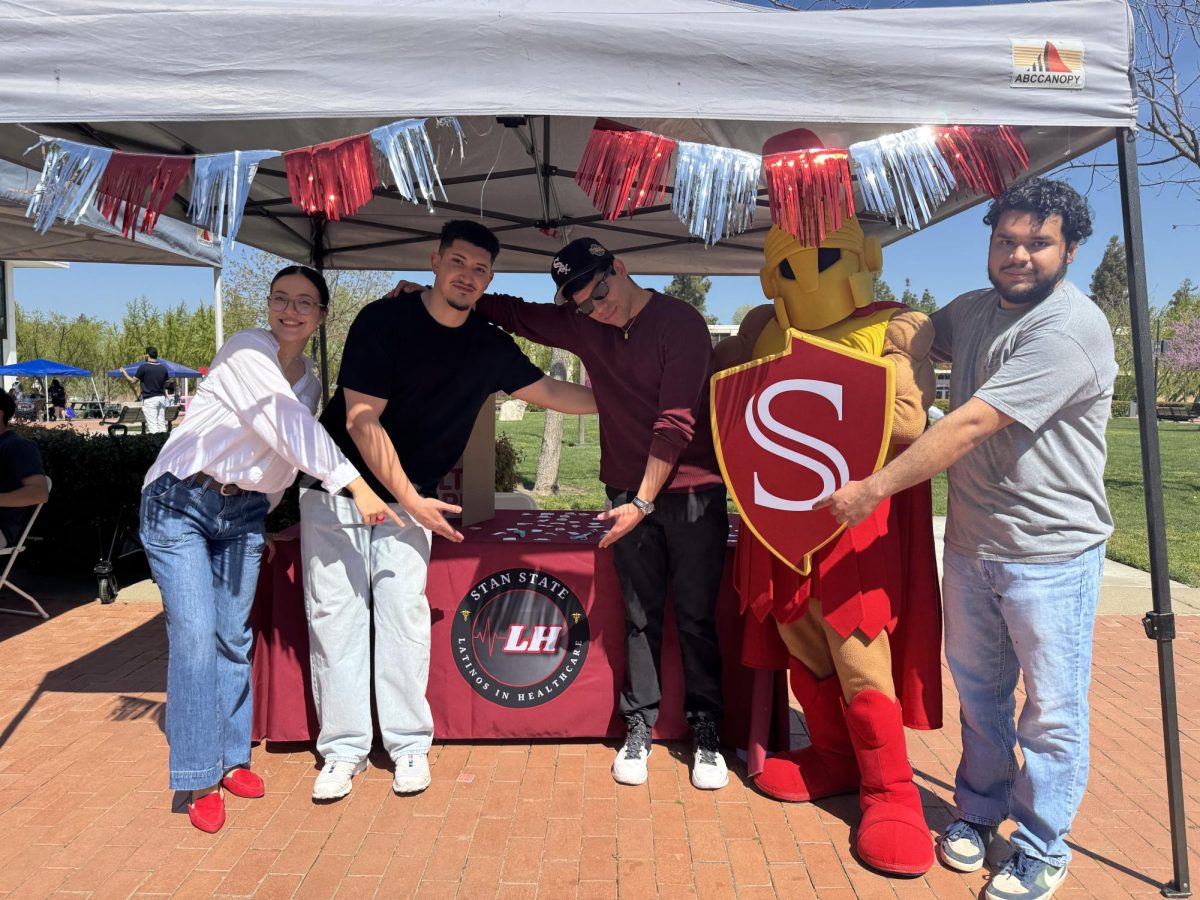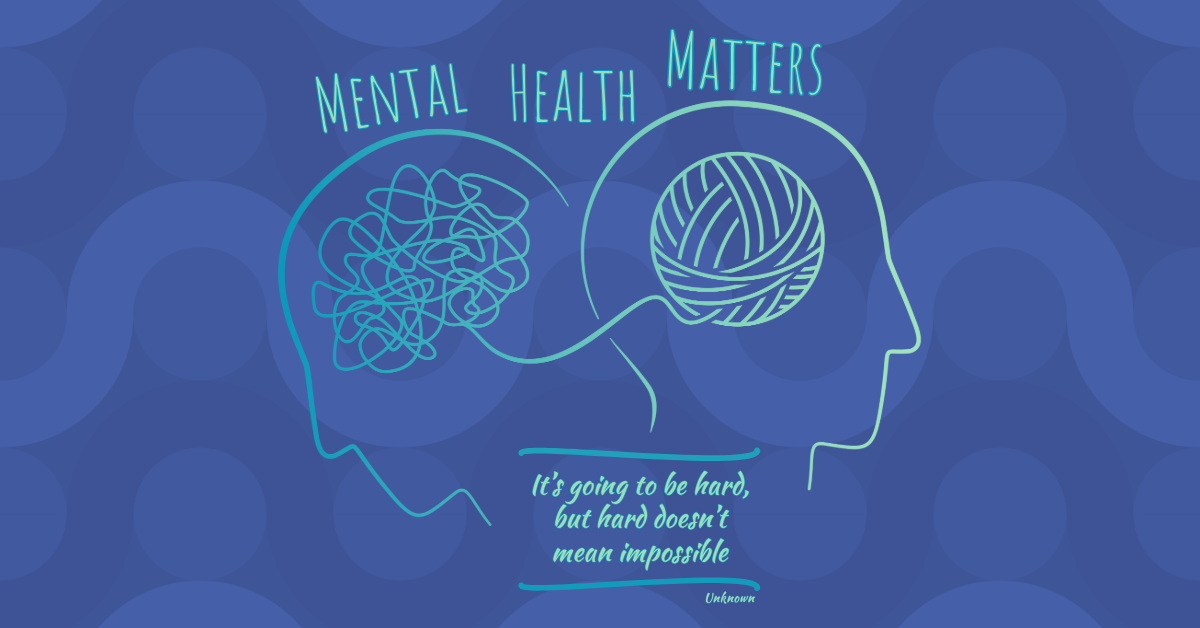Stan State is home to a flourishing sustainable garden, where Agriculture students (supervised by Plant Science professor Costanza Zavalloni) have the opportunity to learn farming methods with a focus on sustainability.
The Community Supported Agriculture (CSA) program is an outlet for the garden’s produce to be sold to people on campus and in the community. This year was so successful that the shares were sold out.
Dr. Zavalloni said, “Every semester we have more people that participate from the public, and we have more requests than we can offer.”
Dr. Zavalloni and those involved, would like to see the sustainable garden site and the CSA program expanded. The success of the program has inspired requests to campus administration for the additional space and personnel that are needed.
“The provost, the president, they have been here. They love it, but they just need to find out how it will work. It takes time,” said Dr. Zavalloni.
Trevor Wingett, a Sustainable Agriculture major and secretary for the Ag Ambassadors, appreciates the current intimate size and direction of the program, but is also looking forward to its future expansion. Wingett is even working on new projects himself.
“We’re currently working on an aquaponics lab with Turlock Unified School District, and I’m spearheading that, and I’m trying to design the program and figure out how we can best get that lab going. I really feel like the direction [our agriculture] program needs to go is the future of Ag and not so much conventional agriculture,” said Wingett.
Other students in the program share Wingett’s sentiment. Sadie Keller (junior, Sustainable Agriculture) is in the Sustainable Agriculture program and found her support for alternative farming bolstered after an experience last summer, where she conducted field scouting for a chemical company that she felt was not as respectful as they could have been toward the land and the soil.
“I think it’s the future, I think what Martin and Dr. Zavalloni are doing here is really important,” said Keller.
Martin Hildebrandt, technician for the agricultural program and caretaker for the garden, had this to say, “We’re trying to help people have that common experience and understand that there are techniques, and there are ways, and there are goals that they may not think of by themselves, but can be common goals. Sustainability should be, for all of us, a common goal. I mean what do we do if it’s not sustainable . . . disappear?”
Students and faculty who are interested in the sustainable garden can show their support by paying a visit and taking a quick tour. Dr. Zavalloni welcomes anyone to come by the garden and see for themselves what Stan State students are producing.

